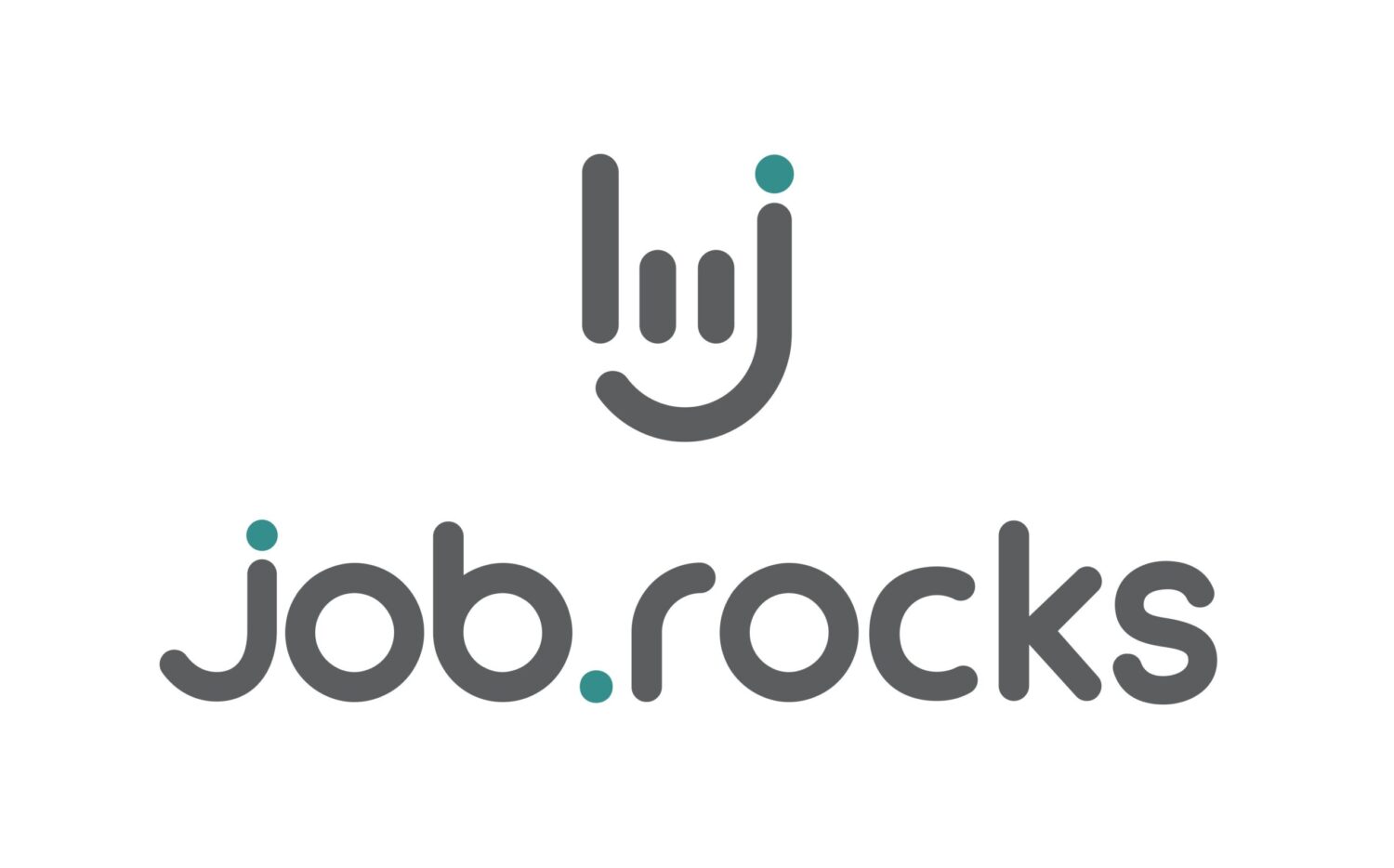Withholding tax is of crucial importance in the network of tax obligations, especially for foreign nationals or temporary residents in countries such as Switzerland.
PEP software such as job.rocks automatically handles the withholding tax settlement for temporary work for you.
Here you can have this shown in a demo.
We have created this guide for those who would like to read up on the subject themselves.
Introduction to withholding tax and its function
This is a tax that is paid in advance and which the Employer directly from salary of the employee and then transfers it to the tax authorities. This ensures that temporary residents also contribute to the local economy.
The withholding tax simplifies the tax procedure for people with short-term jobs. It aligns tax contributions with income in the country and thus promotes compliance and fair tax distribution.
It is important for temporary employees to understand withholding tax as it affects their net income. Companies need to understand withholding tax in order to comply with regulations and maintain good relations with their employees.

Definition and meaning of temporary work
Temporary work is becoming increasingly important and offers flexibility and opportunities. It refers to employment for a specific period or a specific project, not on a permanent basis. It is popular in seasonal industries such as construction and Agriculture widely used and offers advantages to companies and employees.
For companies, it enables flexible personnel management without long-term contracts. Employees gain a wide range of experience and skills. In Switzerland, especially in Zurich, temporary work is an important factor in responding to market demand, which is why it is important to be aware of the tax implications.
Legal framework for withholding tax on temporary work
Switzerland has a solid framework for withholding tax to ensure that all earners, especially temporary workers, meet their tax obligations. This framework varies from canton to canton.
In Zurich, the withholding tax applies to Foreign nationals without a residence permit C or their spouses, as well as for cross-border workers, artists and others. This ensures that non-residents make a fair contribution and support public services that benefit everyone, including temporary workers.

Understanding the different withholding tax rates in Switzerland
The cantonal structure of Switzerland means that the Tax rates and rules depending on canton and municipality are different, which makes compliance more difficult. It is important for companies and employees to know the local tax laws.
In Zurich, different tax rates apply to different types of income, such as managing directors' salaries. Special tax rates apply to cross-border commuters, which affect their tax liability. Companies need to assess the tax rates accurately to avoid financial and regulatory problems and should be aware of the regional differences for their financial planning.
Responsibilities of companies in the withholding tax procedure
Companies bear a great deal of responsibility for compliance. They have to withhold, account for and pay taxes for temporary workers - a complex task as there are different patterns and rates.
Employers must do the following:
- Register temporary workersIdentify and register taxable employees with the required documents.
- Calculate deductionsDetermine the correct tax rate according to the canton-specific rules and employee status.
- Submit payments on time: Pay your taxes on time to avoid penalties.
- Keeping documents: Keep records of payroll and tax matters to comply with regulations.
The use of tax consultants or automated solutions can simplify this process.

Practical steps for calculating and paying withholding tax
The implementation of the withholding tax includes:
- Identify the taxable employeesDetermine the taxable employees.
- Understanding applicable tariffsApply the cantonal, labor and income-specific tax rates.
- Calculate deductionsUse : Use Payroll accounting systems such as job.rocksto make accurate deductions in accordance with tax laws.
- Fill in transfers: Make tax transfers on time and adhere to the cantonal deadlines.
- Testing and adjustmentCheck payroll and tax statements regularly.
Robust systems and open communication with the tax authorities help to eliminate discrepancies.
Important tips for complying with tax regulations
Compliance requires a strategic approach:
- Stay informedCheck regularly for tax updates so that you can adapt quickly.
- Use the technologyUse software for accurate tax calculations and reduce errors.
- Educate and involveInform employees about their tax obligations and the impact on their net salary.
- Consult expertsConsult tax experts for complex scenarios.
- Preparing for the unforeseenHave backup plans for unexpected changes.
Adherence to these policies ensures smooth processing of withholding tax, protects against liabilities and promotes transparent practices.
In summary, withholding tax for temporary work in Switzerland requires care and understanding. By informing yourself, using technology and getting expert support, you can meet your obligations and manage your financial transactions safely. This approach not only ensures compliance, but also promotes financial stability and growth.
